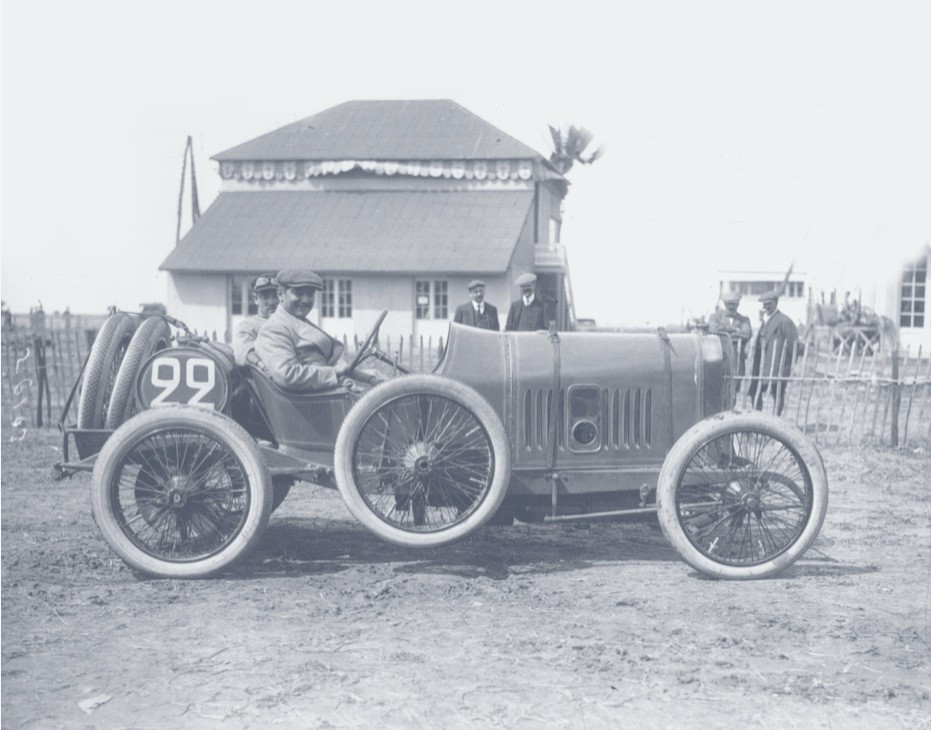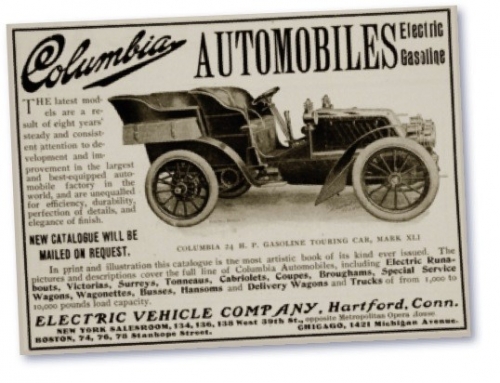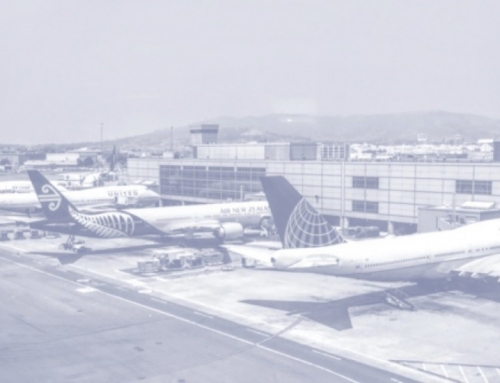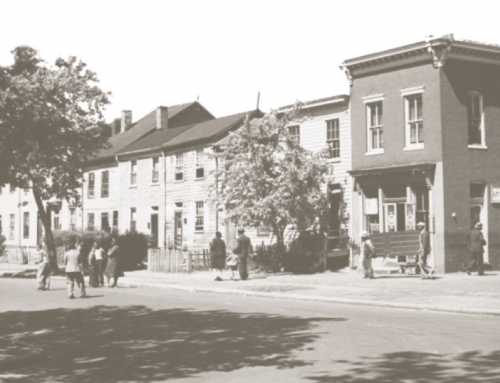In this issue of ACCESS, we cover all kinds of transportation: airplanes, cars, public transit, and running. There’s even a nod to ice-skating.
How can we make the already fuel-efficient plug-in hybrid electric vehicles even more fuel-efficient? Kanok Boriboonsomsin, Guoyuan Wu, and Matthew Barth analyze how an intelligent energy management strategy can incorporate trip information to improve engine efficiency and reduce gasoline use and emissions.
Taking to the sky, Megan Ryerson and Amber Woodburn question two ways to manage air traffic congestion: expand airport capacity or manage flight demand. They identify driving forces that routinely favor airport expansion and they highlight how regional planners in Boston encouraged consideration of the economic and environmental benefits of demand management.
Evelyn Blumenberg and Gregory Pierce investigate the role of transportation access in the Moving to Opportunity Program, a federal housing mobility experiment that enabled lower-income families to move to higher-income neighborhoods. They find that access to a car helped program participants to gain and maintain employment.
Martin Wachs and Jaimee Lederman discuss how regional Habitat Conservation Plans can save time and money, and preserve endangered species’ habitats when governments build transportation infrastructure. They also suggest regional coordination strategies to streamline financing for environmental mitigation.
Donald Shoup shows that it costs more than the net worth of many American households to construct a single parking space, yet cities require several off-street parking spaces for every household. He argues that removing minimum parking requirements is the cheapest and simplest way to achieve a more just society.
Finally, in the ACCESS Almanac, Robert Cervero discusses the latest—and sweatiest—trend in commuting: the run commute. Cervero surveys runners to determine the pros and cons of this demanding commute, and even runs to work himself.
We hope you enjoy going multimodal in this latest issue of ACCESS.
Anne Brown
Associate Editor






